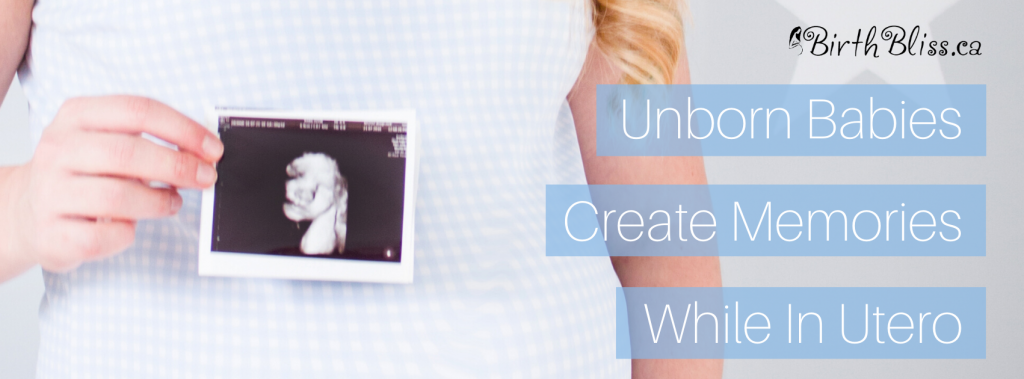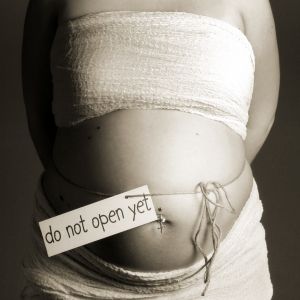
Hi Folks,
The results of this study aired on ABC news recently. I wanted to include the actual Dutch study that the news report is based on, however I could only find a version written in Dutch so I got the computer to translate it. It didn’t do so great a job that’s why it’s a bit weird when you read it. But the ABC report is really interesting to read. I always enjoy when science backs up something that we have intuitively known for ages.
Read the News Article >>> https://abcnews.go.com/Health/MindMoodNews/story?id=8083181&page=1
Title: Memory set in fetus of 30 weeks
Publication Date: 15-07-2009
Source: Press Release
Author: Staff Communication Service
The results of the study appear tomorrow in the influential U.S. journal Child Development.
It is a further step is a development, with gynecologists twenty-five years ago found that a fetus is behaving like a man with all the elements of human behavior as breathing, sleeping, awake and sucking. Then we tried to answer the question of neurological research in the fetus is possible. By extension, the question of whether or absence of memory in a fetus.
Results
The results of the investigation Fetale Learning and Memory show that the memory of a fetus from ten to thirty minutes to four weeks to develop in fetuses of 34 weeks and 36 weeks.
The test consisted of a irritation of the bone with a vibration and noise (a vibro-acoustic stimulus).
This is the first time experienced unsafe (The memory plays an important role in interpreting signals as’ safe ‘or’ unsafe ‘. The type of the heating at night is safe, but when someone at night trying to front force is interpreted as unsafe and scared you awake). However, after several ‘recognize’ the fetus responds to stimulus and he no longer as “unsafe.” The next test “reminds” the fetus is that the incentive is safe, and it reacts much less often. The difference in number of incentives which the fetus is not responding is the ‘size’ for the memory.

This test is in this study performed in fetuses of 30, 32, 34, 36 and 38 weeks.
Step forward
“It is another step forward in understanding the development of the fetus for birth”, explains Prof. Jan Nijhuis the importance of the investigation. “By better understanding all aspects of the development stages through which a fetus may perhaps in time using neurological examination to better determine at what point a baby is best able to ‘get’ when to be addressed. Moreover, we in the future potential shortcomings and defects in this development and thus better able to identify high-risk children.”
Want to Uplevel Your Pregnancy?

Check out my NEWEST resource – The Roadmap to A Peaceful Pregnancy. What’s inside? – – – >> My best simple technique for releasing worry and stress, so that you can let your wellbeing skyrocket. Want a copy? Simply click here, follow the prompts, and it will be delivered to you today.




